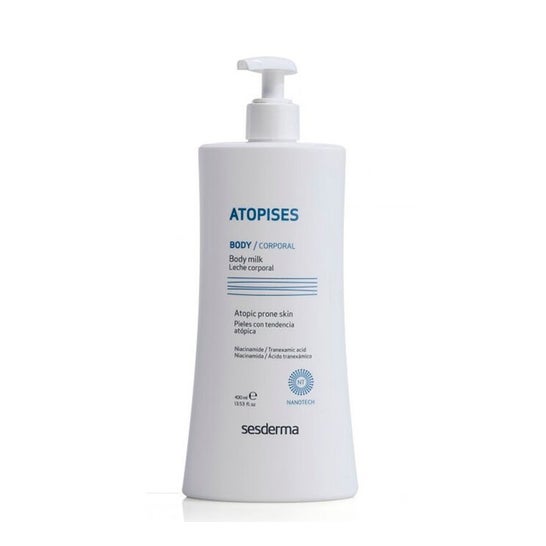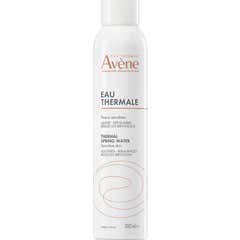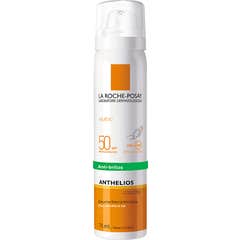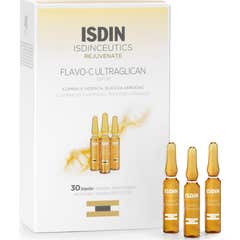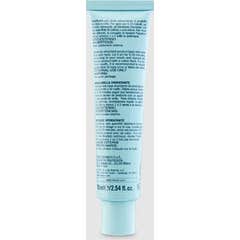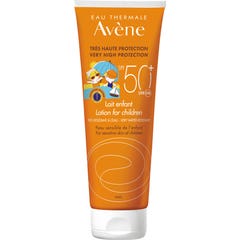Ceramides are a group of substances that are part of our skin and help to keep it healthy, luminous and hydrated. They form lipid layers, together with fatty acids and cholesterol, to keep the dead cells of the outermost layer of the skin, also known as the stratum corneum, together. This substance works as an intercellular ""glue"" and protects the innermost layers and is known as a cementing substance.
The integrity of this outer part of the epidermis is essential to minimise environmental damage to the skin: it regulates the exchange of water from the deeper and surface layers and acts as a shield against micro-organisms or particles. Ceramides are important for maintaining the stability and function of this semi-permeable barrier.
There are several types of ceramides, depending on how they are chemically composed, and many cosmetic products contain one or more of them to enhance this protection and cohesion. Physiological ageing, sunlight and climate changes lead to a decrease in ceramide production, which reduces the ability of the stratum corneum to retain ideal moisture content, resulting in dry skin and wrinkles. Certain abnormalities in endogenous ceramides may be linked to the development of eczema or atopic dermatitis.
In conclusion, it is a very useful and versatile ingredient. It repairs the skin's barrier function and helps to keep it healthy and supple. Ceramides are also added to cleansing gels, body balms and aftersun care. They are even used in nail-hardening products. In hair cosmetics there is no shortage of them either: shampoos and conditioners with ceramides have emollient effects and help to seal cuticles for healthier, shinier-looking hair.
